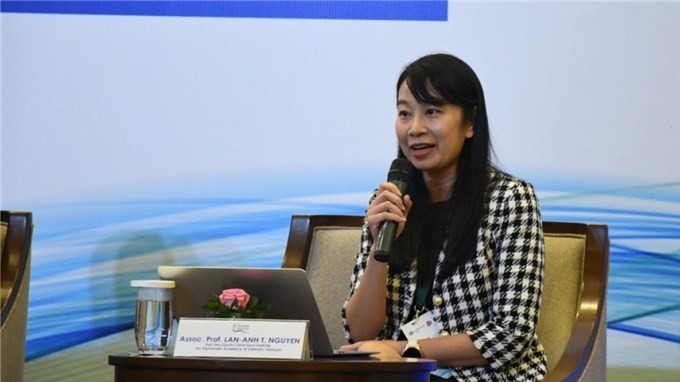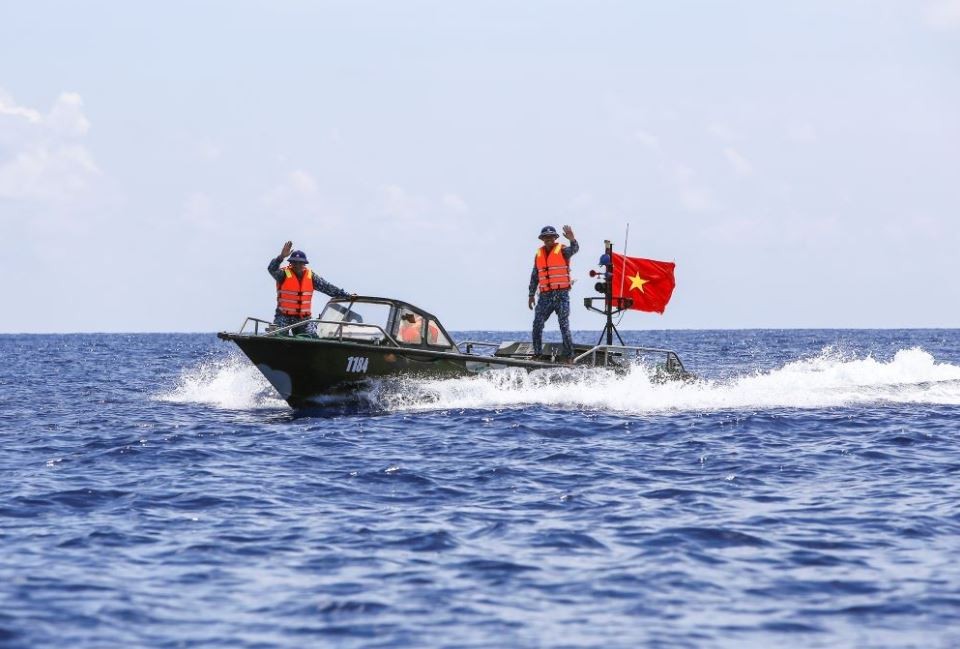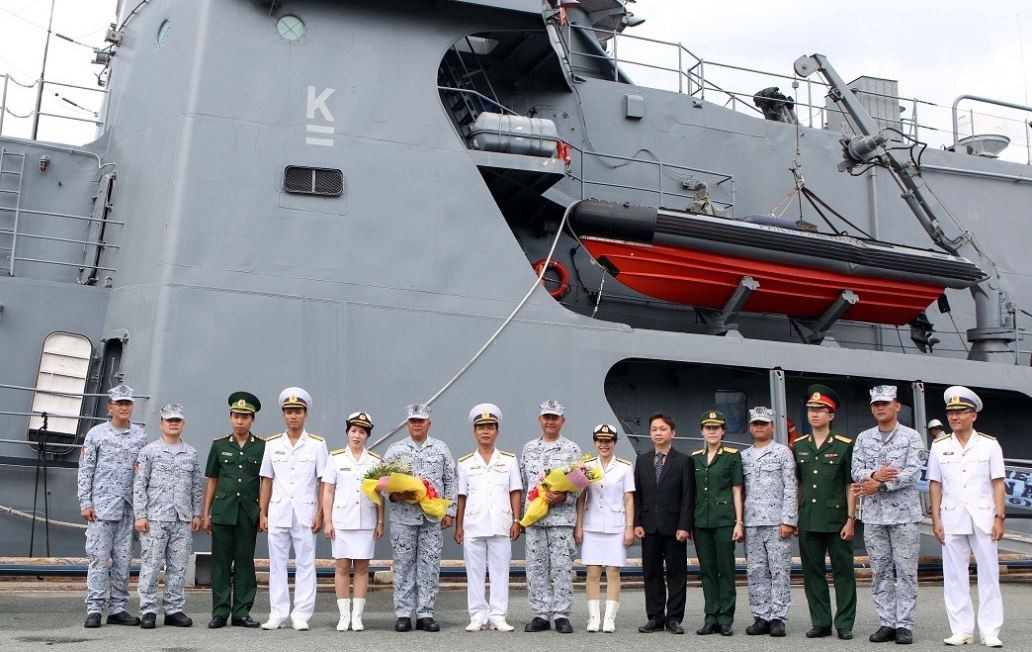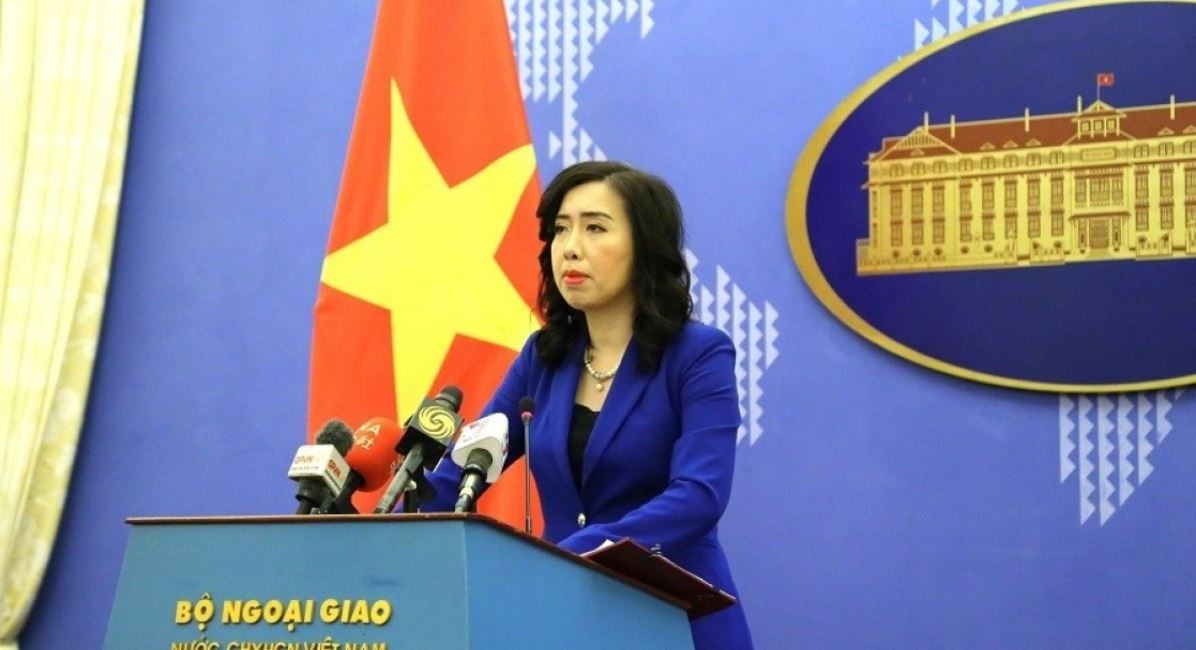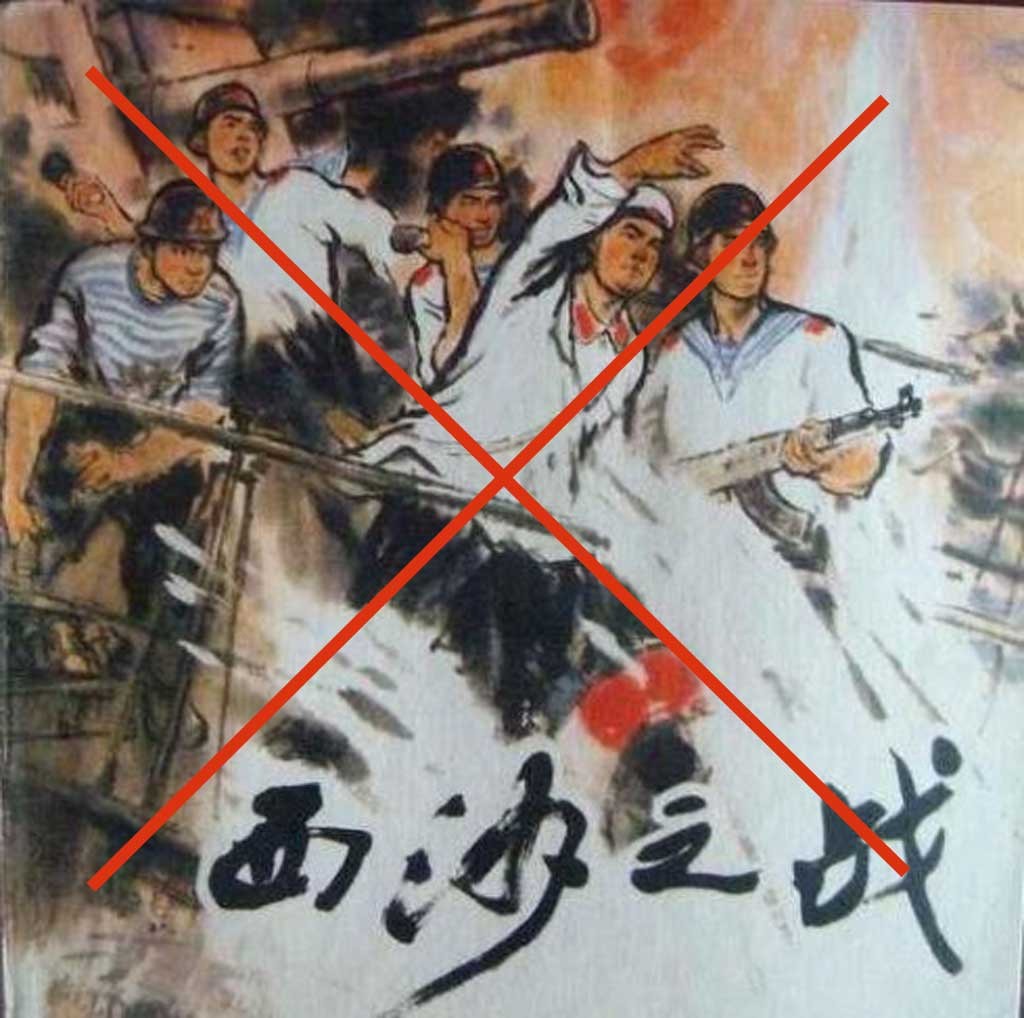The Truth About The South China Sea: A Voice From Vietnam (Part IV)
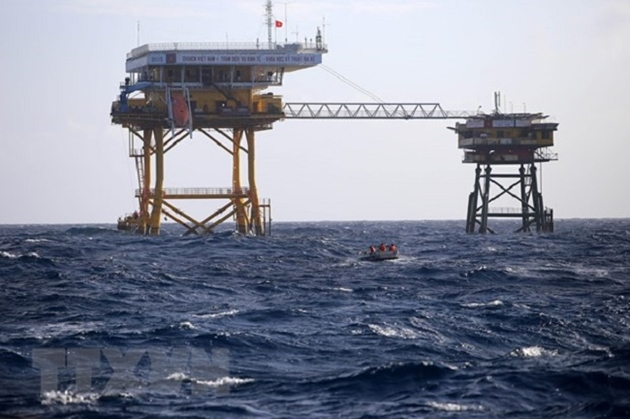 |
| Illustrative photo by Thanh Trung/ VNA. |
China has been always asserting that the South China Sea issue is just a matter between China and the other disputant countries, and that it should be resolved only through direct negotiations between the parties concerned. China has even demanded that, whenever a conflict emerges, disputant countries should conduct "internal exchanges" only with China and refrain from "publicizing" it. Always standing opposed to the "multilateralization" and "internationalization" of the South China Sea issue, China has tried to prevent ASEAN and other regional and international forums from having substantive discussions or statements on this issue, pressurizing, threatening and even "punishing" countries which dared to "publicize" or "internationalize" the issue. As a result, some countries have been compelled to adopt a "tactic of silence" even when China had infringed upon their lawful sovereignty in the South China Sea. China, on its part, has used this to demonstrate that the South China Sea situation was "basically stable" and "under control", in an attempt to forestall and restrict international concern about the issue. In schools, such a behavior is usually called "bullying", but the South China Sea is not a classroom and nations are not primary school pupils.Is the South China Sea just a bilateral issue?
Clearly, there are sovereignty disputes between coastal states in the South China Sea. But the way these disputes are handled itself always impacts directly common peace and stability, and naturally constitutes a common concern of the region and the international community. That is why there must be stipulations of the United Nations Charter and international law on how to settle disputes and conflicts between nations. That is also why there have been international conferences and agreements on the Israeli-Palestinian conflict, on Korea, on Cyprus, etc.... Certainly, such was also China's understanding when it had pro-actively pushed the Indian-Pakistani dispute over Kashmir in August 2019 toward discussions at the United Nations Security Council. What is unjustifiable, therefore, is the reason for China's constant obstruction to the inclusion of the South China Sea issue in the agenda of the United Nations Security Council and other international forums.
But the South China Sea is not only related to the issue of sovereignty of coastal states. It is also the fourth largest international sea area of the world, with the most important international maritime and air routes at present. Maintaining and ensuring peace, stability, security, safety and freedom of navigation in and overflight above the South China Sea represent the common interests and responsibility of all countries and the international community, in which ASEAN shoulders a primary obligation. It would be ununderstandable if ASEAN, as a Security Community, could issue a declaration on the situation on the Korean peninsula in Northeast Asia, but were unable to make any statement on the South China Sea - an issue directly related to the sovereignty of many ASEAN member countries and peace and security in Southeast Asia itself. And while the African Union has recently convened a summit for discussions on the Grand Renaissance hydroelectric project, under dispute between Ethiopia and other North African countries, there have been so far not any summit of ASEAN or EAS for exclusive discussions of such an burning and important issue as the South China Sea. Who doesn't want it the most, we may guess.
Nevertheless, it should be noted that China's position has not always been consistent as such. On the contrary, China has even, on many occasions, pro-actively "publicized" and "internationalized" the South China Sea issue by launching propaganda campaigns, trying to influence and persuade governments, political parties, organizations and individuals of various countries to make pro-China declarations in this regard. In fact, China just wants to obstruct the voice of those with positions that differ from China's.
By Tran Minh (VPDF)
To be continued
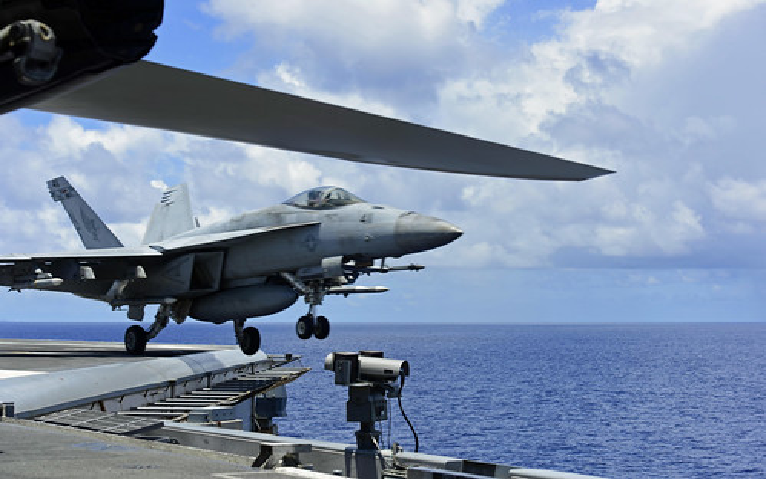 | US sends strike group to South China Sea (Bien Dong Sea) for flight drill The Ronald Reagan Carrier Strike Group entered the South China Sea (called Bien Dong Sea) on August 14, and conducted maritime air defense operations in ... |
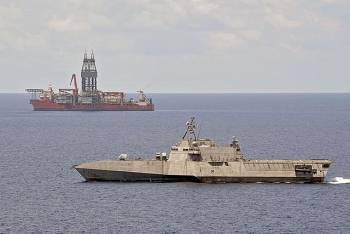 | Malaysia Opposes China's Claim In The South China Sea Malaysia has made an unusual move as to object China’s sovereignty claim in the Bien Dong Sea (South China Sea), despite the fact that China ... |
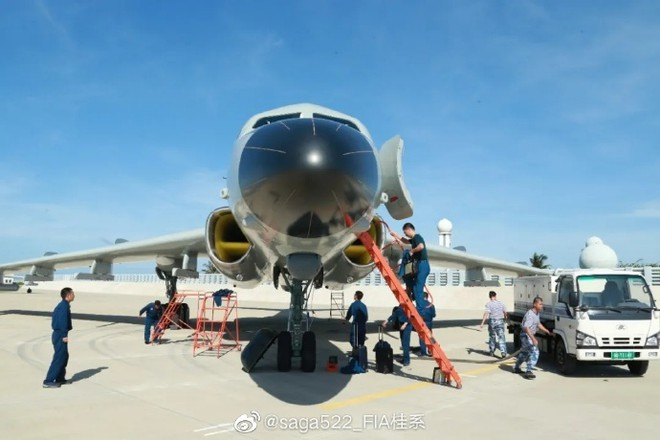 | Chinese bomber appeared illegally at Hoang Sa (Paracel) archipelago Some social media's images have recently appeared to show at least one Chinese H-6J missile-carrying bomber landing on Phu Lam Island in the Hoang Sa ... |
In topics
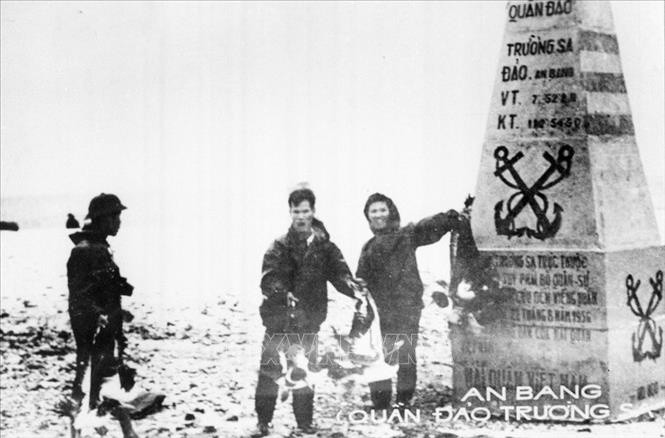 Focus
Focus
Truong Sa (Spratly) 1988 - Dossier on Historical Incident: Diplomacy and Reality
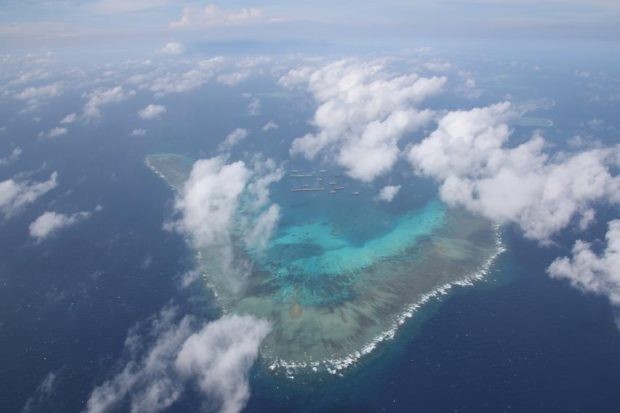 Seas and islands
Seas and islands
New Chinese Maritime Law Further Encroaches on Countries' Sovereignty
Recommended
 Seas and islands
Seas and islands
Vietnam Endorses Common Voice on Ocean Jurisdiction
 Seas and islands
Seas and islands
Dialogue as Key to Settling Disputes and Advancing Law of the Sea
 Seas and islands
Seas and islands
RoK Navy Ship Pays Friendly Visit to Da Nang City
 Seas and islands
Seas and islands
Naval Region 5 Promotes Reading Culture, Fosters Patriotism
Popular article
 Seas and islands
Seas and islands
Coast Guard Region 2 Command Hosts Philippine Coast Counterpart
 Seas and islands
Seas and islands
Vietnam - Thailand Navy: Coordination to Well Address Problems at Sea
 Seas and islands
Seas and islands
Honoring the Fallen: Incense Offering for the 37th Anniversary of Gac Ma
 Seas and islands
Seas and islands

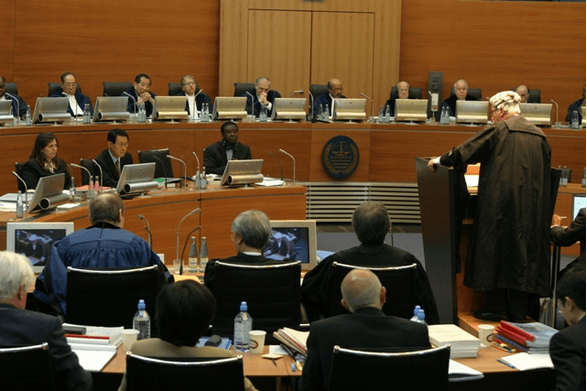
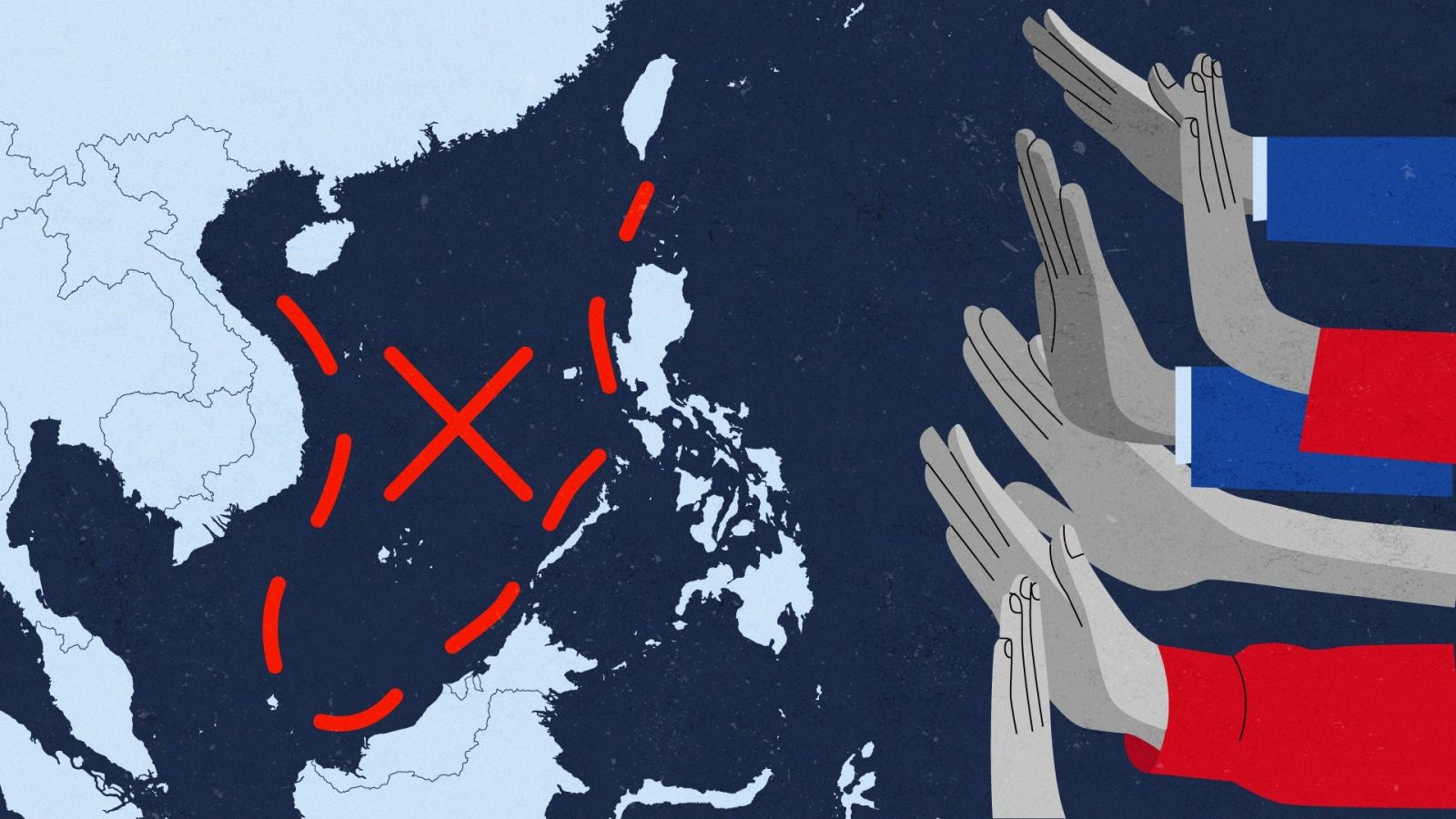
![The Truth About The South China Sea [*] : A Voice From Vietnam (Part I) the truth about the south china sea a voice from vietnam part i](https://vietnamtimes.org.vn/stores/news_dataimages/thuyhangvnt/082020/17/09/thumbnail/3630_bd.png?rt=20200824111916)



